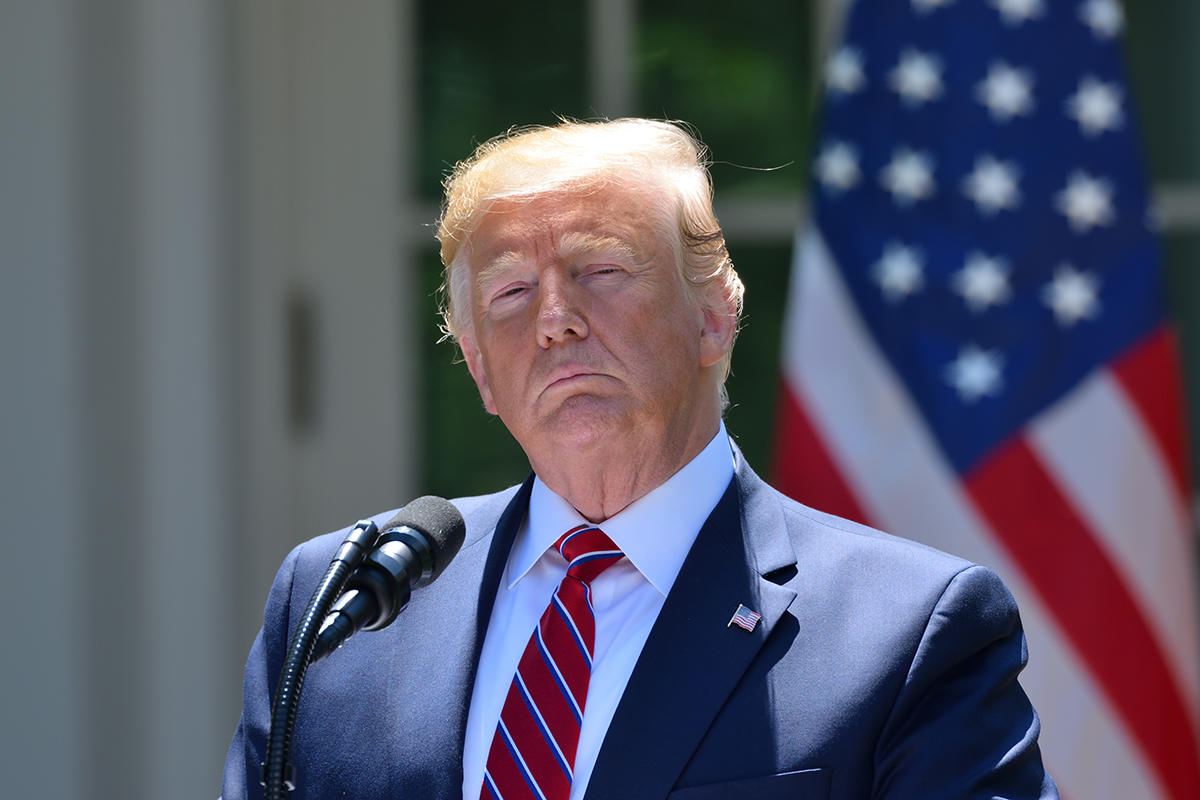Donald Trump, the President of the United States, is taking a new direction in foreign relations.
Previously, Trump voiced the potential of a positive relationship with Russian President Vladimir Putin during his candidacy. Trump praised Putin for calling him a “genius,” faulted the Obama administration for its strained relations with Russia, and expressed the need for improved bilateral ties.
Meanwhile, China was depicted as a currency manipulator and job-stealer “raping our country.” As a candidate, Trump threatened to impose heavy tariffs on Chinese imports and to challenge Beijing’s questionable trade practices legally.
Yet, the realities of the presidency appear to have altered Trump’s perspectives.
Throughout this month, which saw an increase in US military operations in Syria and Afghanistan, Trump conveyed that the US and Russia are experiencing their “all-time low” relationship. Conversely, he highlighted his “perfect chemistry” with Chinese President Xi Jinping.
This shift in Trump’s stance on Russia and China is part of a series of policy U-turns involving issues such as NATO, Israel, the Iran nuclear deal, and US alliances in Asia.
The changes, aligning Trump’s administration with many policies of Obama and George W. Bush, might not be permanent under the unpredictable Trump. But they do illustrate some immutable truths about American interests.
“The ideals expressed during the campaign have been overshadowed by the harsh realities of managing American foreign policy in a ruthless and unforgiving world,” Aaron David Miller, Vice President at the Woodrow Wilson International Center for Scholars, commented.
Miller continued, “Despite the unorthodox ways this administration operates, it seems the ultimate decisions on numerous issues now align with a conventional approach.”
Trump initially looked forward to bettering US-Russia relations, and his optimism about forming a connection with Putin hinted at the potential to diffuse existing tensions. These included issues over Russia’s involvement in Syria and its annexation of Crimea from Ukraine.
However, Trump’s approach to Russia seemed to shift following the alleged chemical attack by Syrian President Bashar al-Assad on his people. This event prompted Trump’s decision to strike a Syrian airfield with Tomahawk missiles, marking a possible change in his stance towards Russia – a steadfast supporter of Assad throughout the Syrian civil war.
As allegations of Russian interference in the US election lingered, Trump’s administration revised its view on Moscow. New appointees in the White House who backed conventional foreign policy played a part in this change.
James Mattis, the Defense Secretary; Rex Tillerson, the Secretary of State; and Nikki Haley, the UN Ambassador, took a stronger stance against Russia, highlighting Moscow’s efforts to undermine US interests globally.
Angela Stent, director of the Center for Eurasian, Russian and East European Studies at Georgetown University, observed, “They were all taking a firmer line on Russia, more akin to the Obama administration, and the outlier was the White House.”
Trump’s missile strike indicated his temporarily adopting more traditional US foreign policy views towards Russia. Stent added, “You now have a more unified policy towards Russia.”
Meanwhile, Trump has been engaging more positively with China, particularly in light of North Korean leader Kim Jong Un’s aggressive pursuit of nuclear and missile technology. Trump has recently praised Xi for committing to help control North Korea, which is on the brink of conducting a sixth nuclear test. Beijing is North Korea’s closest ally.
Despite the significant shift in the US’s stance towards these two global powerhouses, experts warn that the Russia-China relationship is complex. Stent suggests, “I think he fundamentally doesn’t understand the nature of the Russia-China relationship,” which is practical and based on mutual foreign policy concerns, shared disdain for domestic protest, and a standard view of the US.
“They both believe that we need a new world order that better represents their interests and that it’s time to step away from a US-dominated global order,” Stent concluded.
President Trump’s switch in attitude toward Russia and China significantly develops his foreign policy. While Trump had earlier shown a preference for a closer relationship with Russia and a tougher stance on China, recent events have catalyzed a role reversal. However, the long-term implications of these changes remain uncertain, given the President’s history of unpredictability and the complexities inherent in international relations. As these shifts continue to unfold, the world watches with keen interest to understand the ultimate direction of US foreign policy under the Trump administration.







